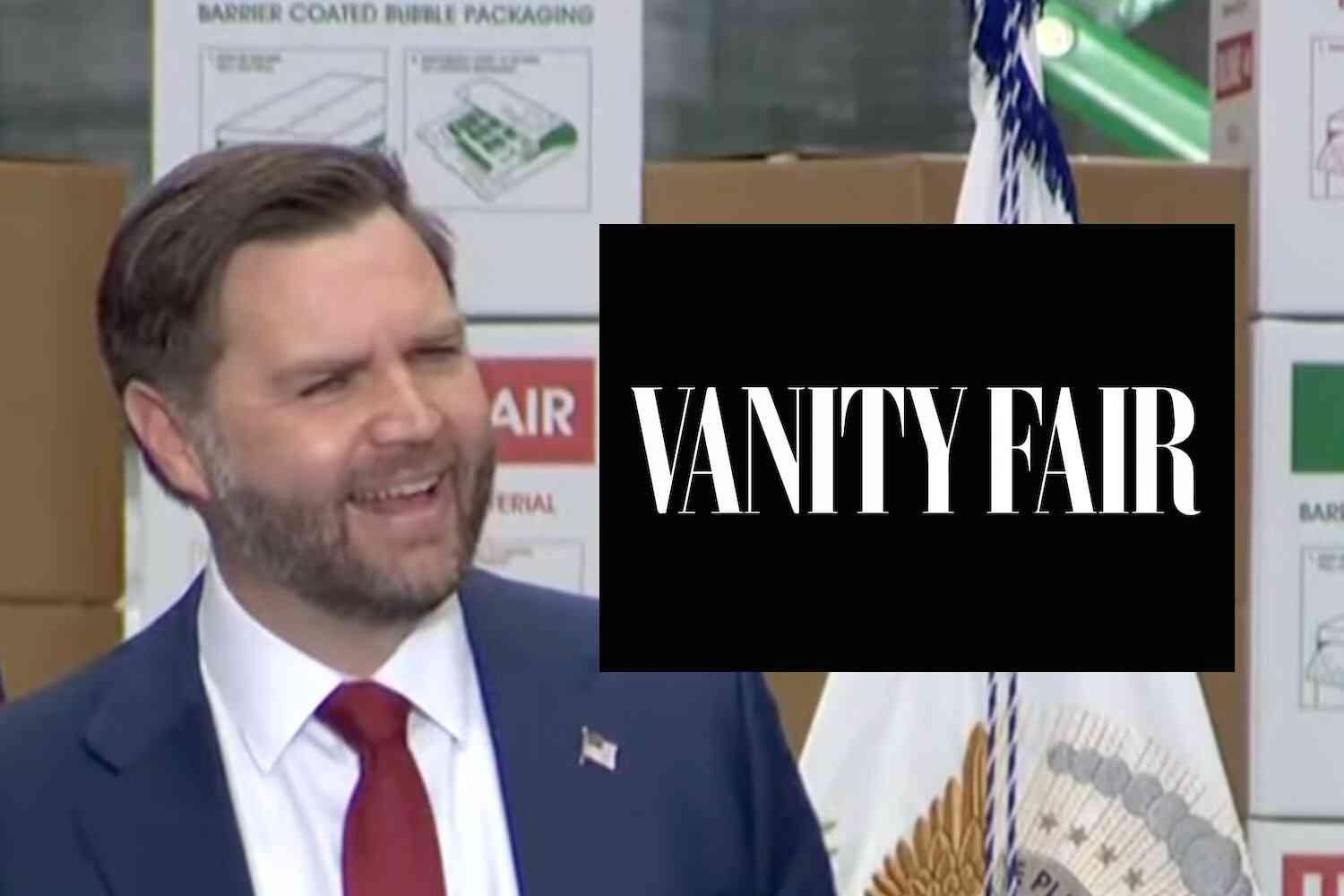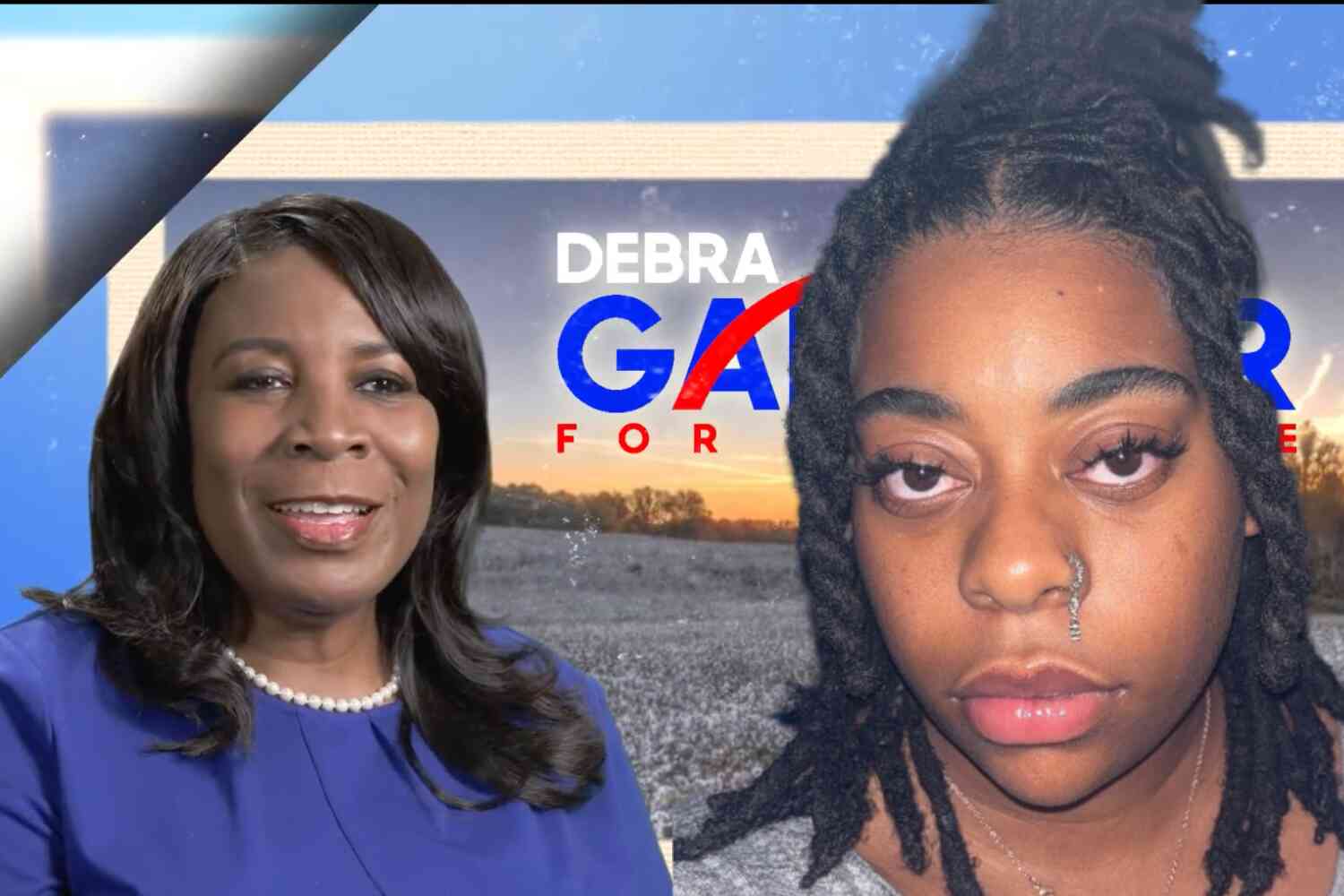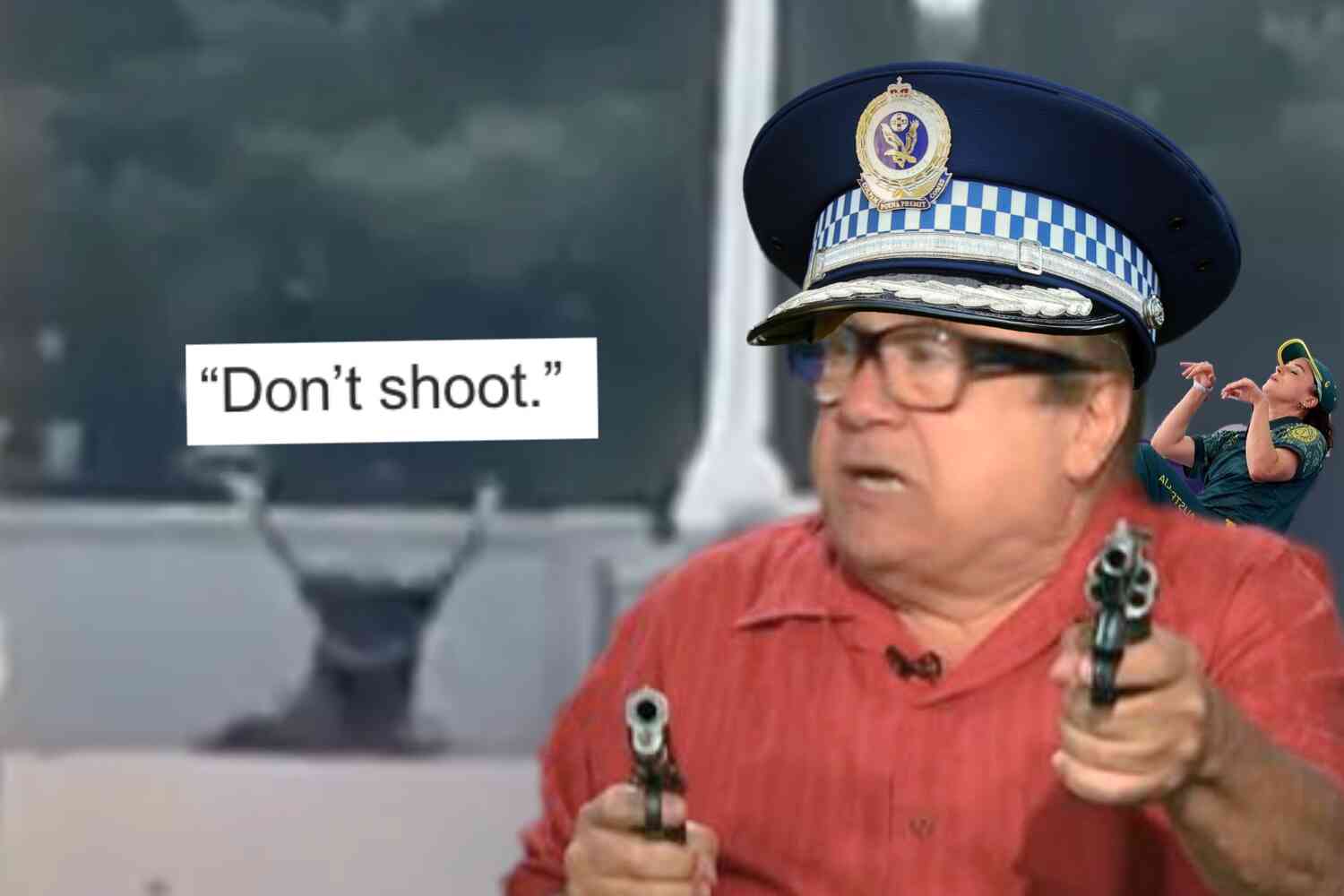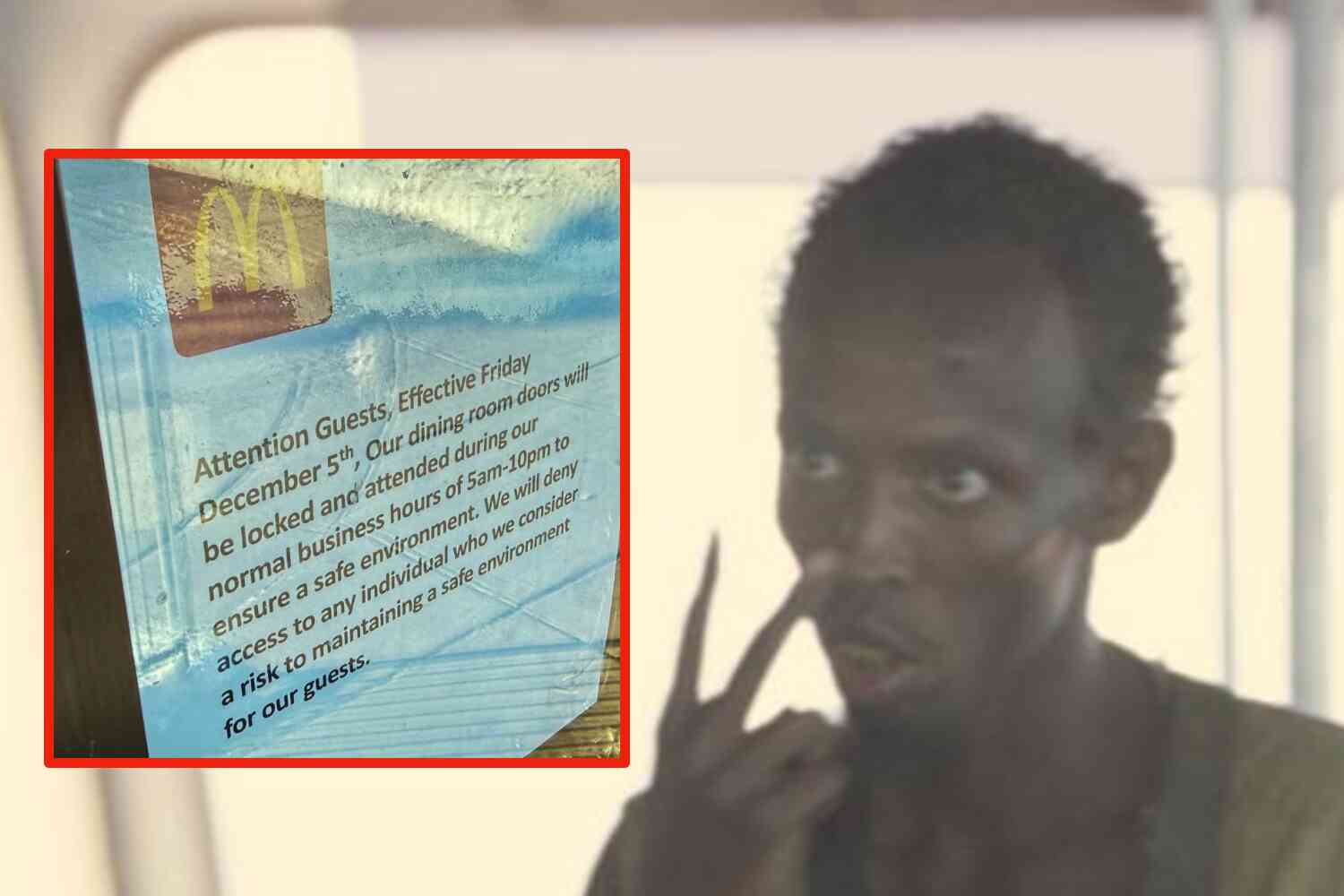As I sampled the caramel-flavored "Coca-Cola with Coffee," I couldn't help but ponder, which flavor did the creators hate the most?
Was it the coffee? The Coca-Cola?
Perhaps it was the caramel that drove them into a rage.
Given the result, there is no question this was a crime of passion. They wanted to do as much violence to these flavors as possible. But it wouldn't be enough to just destroy them. No. They wanted to debase them, to denigrate them, to wreck even the very memory of them so that no one could ever enjoy them again.
How else to explain this latest entry in the fast-growing "We've-Totally-Run-Out-Of-Ideas" segment of the packaged consumer goods category?
How does someone even come up with a combination like this? Coffee, Coca-Cola, and caramel? It's like something from an improv show gone wrong.
"All right everyone, throw some ideas out, just the first thing that pops in your head."
I could see some young, hip, Gen-Z Coca-Cola executive – tripping on THC gummies and sipping Johnnie Walker Black – listening to the audience shouting out suggestions and thinking, "Hey, that gives me an idea!"
I suppose we should all be grateful that it didn't end up being "New Job Coca-Cola with Car Won't Start."
I'm not a regular Coke drinker as I don't think it's particularly healthy. Keep in mind I eat scrapple and whoopie pies, so it's not like I'm some ascetic living on avocado paste and good intentions. It's just that if I'm going to consume 10 spoonfuls of sugar in a single serving, I'd rather they be on a doughnut or a pie.
Or a spoon.
That said, I can't say I don't enjoy a cold can of regular Coke every now and then. It's just one of those things I try not to overdo, like smoking cigars, watching Marvel movies, or spending time with my family.
(Kidding! Sort of. Mostly.)
I also like coffee quite a bit. I'm not a snob about it, either. Sure, I'll seek out one-off coffee shops that roast their own beans on site, but I'll also enjoy a quick cup at McDonald's.
And caramel?
I've long felt caramel does not get its proper due. There is no reason why there should not be more caramel in the world. And while we're on the subject of underappreciated flavors (and we are), what about butterscotch? Why is butterscotch not right up there with the other big flavors?
I blame Big Vanilla.
While the combination was odd, at least it consisted of things I like, and so I took a shot and purchased the two kinds available at my local grocery store.
The first thing that struck me was the name.
"Coca-Cola with Coffee."

I'm sure 7-Up is just kicking themselves for not naming their iconic drink, "Carbonated Water With Lime."
The second thing I noticed was the packaging's near complete indifference as to whether it had sugar or not.
Here are all the flavors. You really have to be paying attention to find the zero sugar entry.
Whether or not something is sugar free has long been considered a big deal, hence the dramatically different color schemes of Diet Coke vs. regular.
I guess when it comes to sugar, Coca-Cola with Coffee identifies as non-binary.
Back to taste.
I started off with the full-sugar, caramel-flavored entry.
A quick pause here: I can't tell you how much I hate typing that name. It's not a name, it's a description. From here on out, I'm calling it "Coca-Coffee."
I drank this with some care, trying to get a good feel for it. I started with the aroma. It smelled like vanilla. Markedly so. And maybe some coffee? That might have been the power of suggestion, though.
I took several sips, desperately trying to pick up the coffee.
And yet, the only indication that this contained coffee was the fact that it said coffee on the side of the can.
It was around the fifth sip that I started looking at the ingredients panel to see what was actually in this thing.
Okay, "coffee powder." That's fine, it's not like I expected them to be small-batch cold brewing coffee by hand for each can, but it could at least taste a little bit coffee-ish. It's even more disappointing given that elsewhere on the can they highlight that it's made with "rich luxurious coffee," and that it's "from Brazilian coffee beans."

As for the caramel? Nothing.
At this point, I had my son try it as I usually do with these things. His taste buds are uncorrupted by gin, smoky bars, and a lifetime of explaining to people the difference between a democracy and a constitutional republic.
He said it tasted like Vanilla Coke.
It was then that it hit me. I thought something was familiar about it, but it wasn't Vanilla Coke. It was cream soda.
Never mind the coffee and caramel, where the heck was the Coca-Cola?
Somehow, they managed to combine Coca-Cola, coffee, and caramel, and come out with something that tasted like none of those things.
As I've written before, I don't much like s'mores because I think the final product is less than the sum of its parts. Caramel-flavored Coca-Coffee is worse. It's less than any one individual ingredient. All I could taste was the sugar.
(And even that, well, I'll get to that in a moment.)
I dug deeper into the ingredients to see if there was any vanilla. There was none, unless it was hidden among "natural flavors." However, I did come up with something else: sodium benzoate and potassium sorbate to "protect taste."
Right... sure...
And Elliot Page gets PSA tests to protect against getting prostate cancer.
One other oddity of this ingredient list: It has "high fructose corn syrup" because of course, but curiously, it still had artificial sweeteners like sucralose and acesulfame potassium (Ace-K).

I will often choose sugared drinks over ones with artificial sweeteners, depending on the sweetener and the amount of sugar. Pick your poison, right?
Here you get both, and with no obvious warning. The addition of the sucralose and Ace-K at least explains its cloying sweetness, which I suspect might be overwhelming everything else.
I moved on to the vanilla flavored "zero sugar" option.
Guess which one tasted more like vanilla.
(Hint, it's not the one labeled "vanilla.")
Yes, this one was even more vacant than the sugared one I tried, with much less taste overall. My son agreed it was just not very good.
I checked out the ingredients on this one too. I assume the vanilla is hidden in the "natural flavors," but something else jumped out at me.
I had earlier examined the caffeine content of the first one. It's something I always check with drinks like these. I assumed the caffeine was coming from the coffee powder. Good, a natural source with just a little extra pumped in given where "caffeine" is on the ingredients list.
But this last one was different.
First, it had "less than 2%" coming from coffee powder.
That means it has even less actual coffee than the first one. Of course, less taste than zero is still zero, so that made little difference to me (more on that in a bit because it does eventually make its presence known).
Second, based on the elevation of caffeine in the ingredients, they did have to pump in quite a bit extra to get to 69mg.
Why is 69 the magic number? Why are they so obviously focused on that? I had a hunch.
Caffeine is included in the GRAS (generally recognized as safe) list, as it is used in beverages like cola in accordance with the good manufacturing practices, but the level should not exceed 200 ppm which corresponds to 71 mg of caffeine per 12 ounce serving of cola-type beverages and is considered safe for consumption as per the statement of GRAS (Rosenfeld et al., 2014)
Okay, at least that makes sense.
Incidentally, I drank these back-to-back. I do consume a fair amount of caffeine, so I can usually tell when a label is off a bit. This was one was not. The two together packed a nice little punch.
I realized late in the taste test that I had not actually checked on the color, drinking them out of the can as I was, so I poured out each in a glass. They were the same, definitely darker than regular coke, and so more coffee like, but that could just be coloring.
Slightly less carbonation, too.
One final note. As the drink warms, you can begin tasting the coffee.

I drink a lot of "iced' coffees, and even keep some cans in the refrigerator. Just because a drink is cold, doesn't mean you can't taste the coffee. It's always quite pronounced.
It was then that I noticed something I had missed before from their website, something right on the opening page.
Sips like a coke, finishes like a coffee.
Okay. So they purposefully made a drink that as it reaches room temperature, tastes like... room temperature coffee.
Ever hear anyone order a "piping warm" cup of coffee? At what point did consumers start clamoring for a coffee that reminds them of that time they had a meeting and forgot about the cup of coffee they left on their desk and want to relive the disappointment?
Of course, by "finishes like a coffee," they might mean towards the end of each sip, except that's not what happens. It starts like a cream soda and ends like a cream soda with a little something else in there that you're not quite sure what it is and only starts to taste a little bit like coffee once it warms up.
Incidentally, this is not Coca-Cola's first try at mixing coffee and Coke. If you blinked, you might have missed it, as it survived barely a year in the United States.
Coca-Cola Blak (stylized as Coca-Cola BlāK) was a coffee-flavored soft drink introduced by Coca-Cola in 2006 and discontinued in 2008. The mid-calorie drink was introduced first in France and subsequently in other markets, including Czech Republic, Slovakia, and Lithuania.
Coca-Cola Blak launched in the United States on April 3, and in Canada on August 29, 2006 in Toronto, Ontario, at Dundas Square. In August 2007, trade magazine Beverage Digest noted that Coca-Cola would discontinue the drink within the United States.









